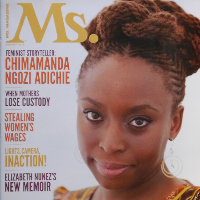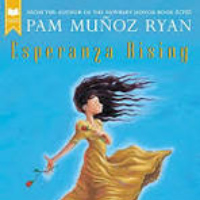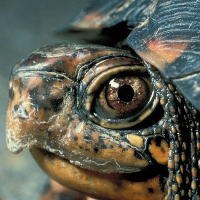Socrates – Humility


“The only thing I know is that I know nothing.”
SocratesBig Idea
All students have run across “know-it-alls”. They might be one themselves. They walk into a room and express supreme confidence with their knowledge. Being humble is seen as a sign of weakness. Then there are those humble students who wait patiently, ask questions and only speak when they are certain of something. Confidence and humility are equally noble traits. The life-long challenge is striking the right balance between the two and knowing when to express each.
Claim
According to famous Greek philosopher Socrates, you should question what you think you know. It’s important to be humble and admit that you don’t have the answers.
Counterclaim
You should have confidence in what you know. Certainty is important.
Essential
Question
Should we question what we are certain of?
Student Video


“The Danger of a Single Story” – Humility
“The Danger of a Single Story” is an essay by Chimamanda Ngozi Adichie delivered at a TED Talk. The speech works well on its own, or as an introduction to a unit dealing with themes of tol ...

Esperanza Rising – Humility
When teaching the novel, Esperanza Rising by Pam Muñoz Ryan, I would introduce the conversation surrounding Socrates and humility after reading Chapter 5 in the novel, when Esperanza is faced with th ...

Yertle the Turtle – Humility
Students of all ages enjoy Dr. Seuss stories. The title story in the collection “Yertle the Turtle” tells the tale of a know-it-all dictator turtle who refuses to listen to the members of ...


